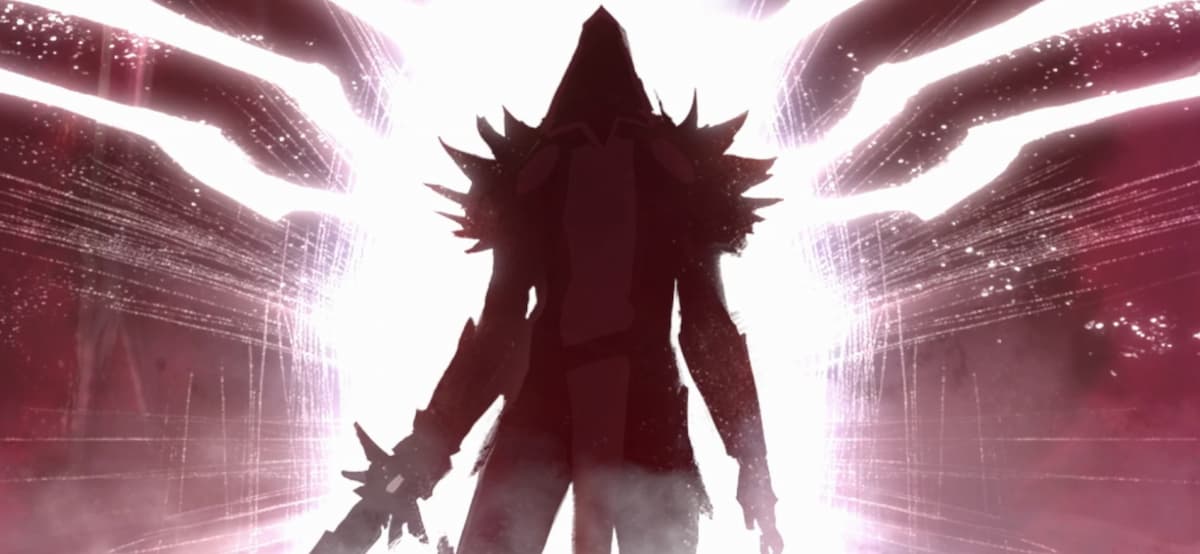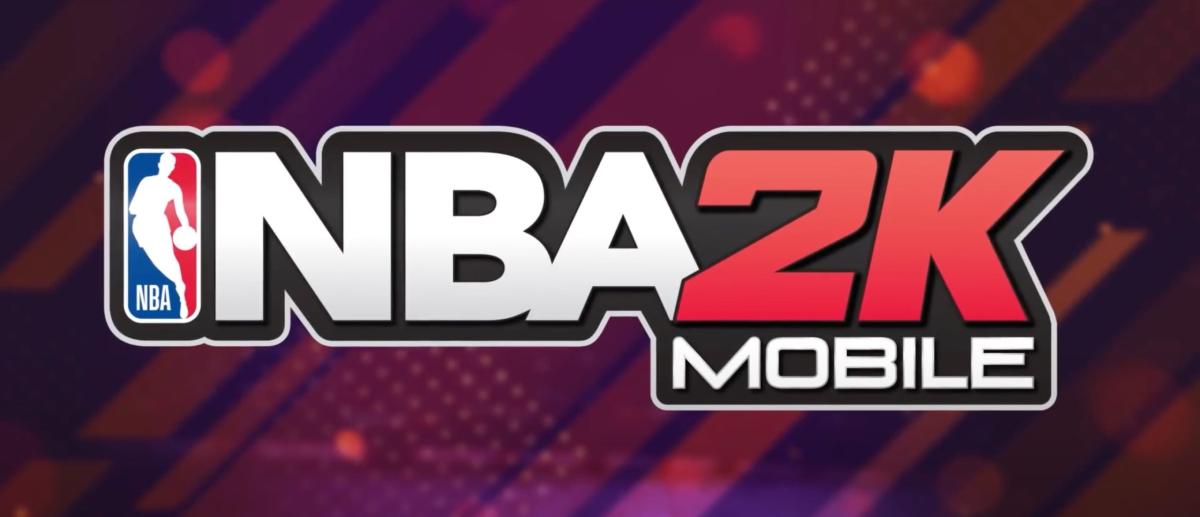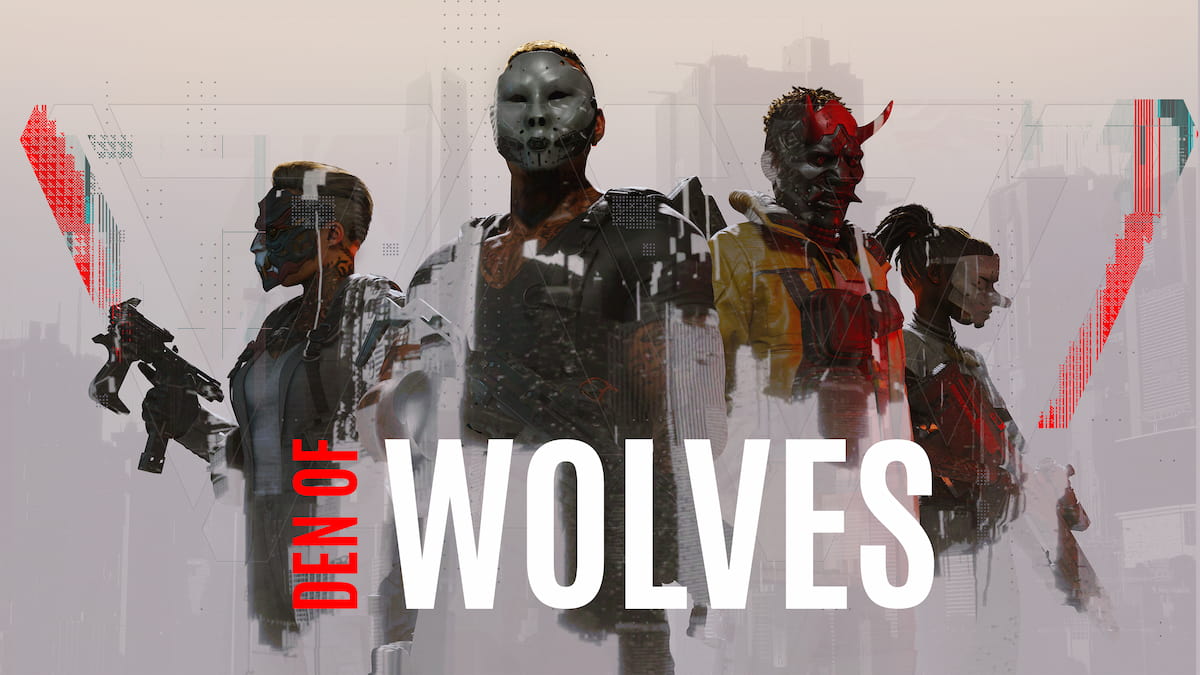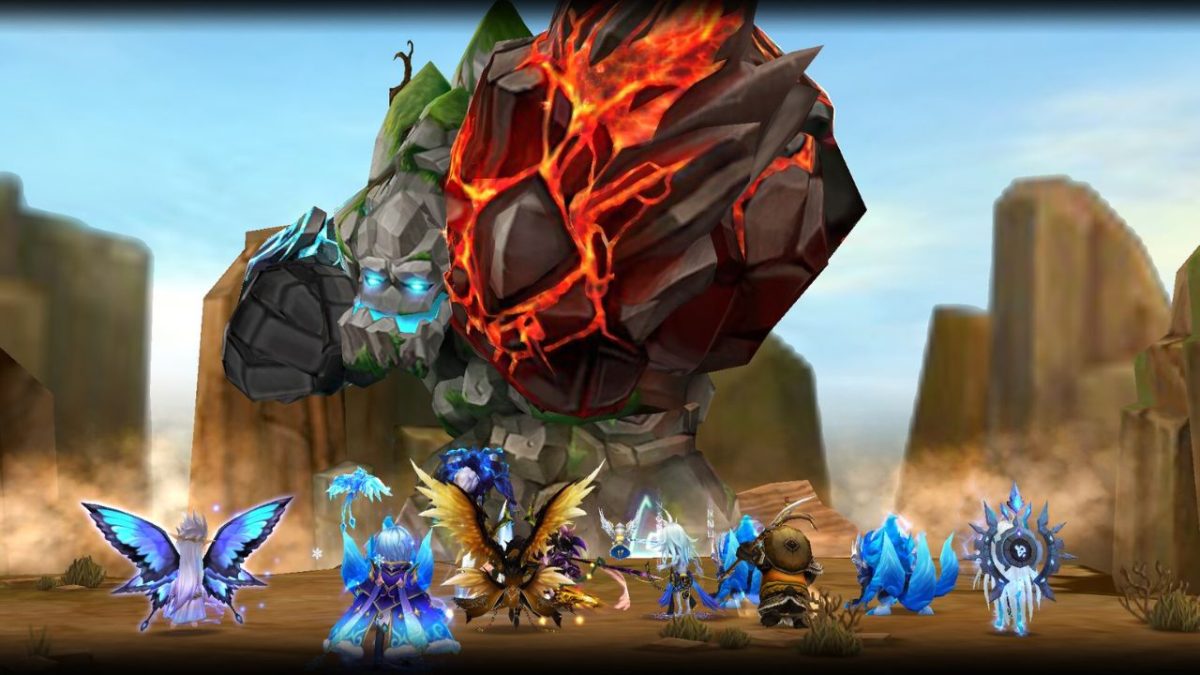A law firm that specializes in class-action lawsuits has launched an investigation into Blizzard after the company allegedly misrepresented the effects of the Blessing of the Worthy gem, which is purchasable through real money in Diablo Immortal.
The Washington D.C. law firm Migliaccio & Rathod LLP is now ruminating on their decision of whether or not they are going to file a class-action lawsuit against the gaming giant that is Blizzard Entertainment over Diablo Immortal’s Legendary gem Blessing of the Worthy. The firm claims the gem is in fact detrimental to the player, rather than the blessing it so claims to be, which makes for a degree of false advertising on the game’s behalf.
A lot of players were pumped to buy this item in the game—through bundles that cost up to 100 dollars—since its description claimed the gem’s effect possessed a 20 percent chance to deal damage worth 12 percent of the user’s max health. To the dismay of a lot of these players, this was not the case.
In reality, the Legendary gem actually had a 20 percent chance to do damage worth 12 percent of a player’s current health. This meant someone with low health would not really benefit a lot from using Blessing of the Worthy.
While Blizzard did not change the functionality of the gem since then, what they did change is the text description for the item, which makes the damage scaling much clearer. The company also handed out gems to all players within the game.
This doesn’t change the fact a ton of players bought the Blessing of the Worthy gem through those expensive bundles, expecting that the gem’s effect would mean something completely different—and much better—than what it actually delivered, however. Players on social media complained about the fact they spent up to 100 dollars and more for upgrades specifically for the Blessing of the Worthy gem.
“Rather than offer refunds or some form of compensation, Blizzard has instead responded to the Blizzard community by stating that they will change the item’s text description to reflect its actual effect, at level three,” the firm said in their statement.
“This practice essentially amounts to a bait-and-switch, since a purchasable item was advertised with one effect that players wanted and ended up with something completely different.”
The law firm also thanked the Communication Workers of America (CWA) for bringing this matter to its attention. The CWA is responsible for leading unionization calls with Activision Blizzard subsidiary studios like Infinity Ward and Raven Software.












Published: Jan 19, 2023 11:46 pm